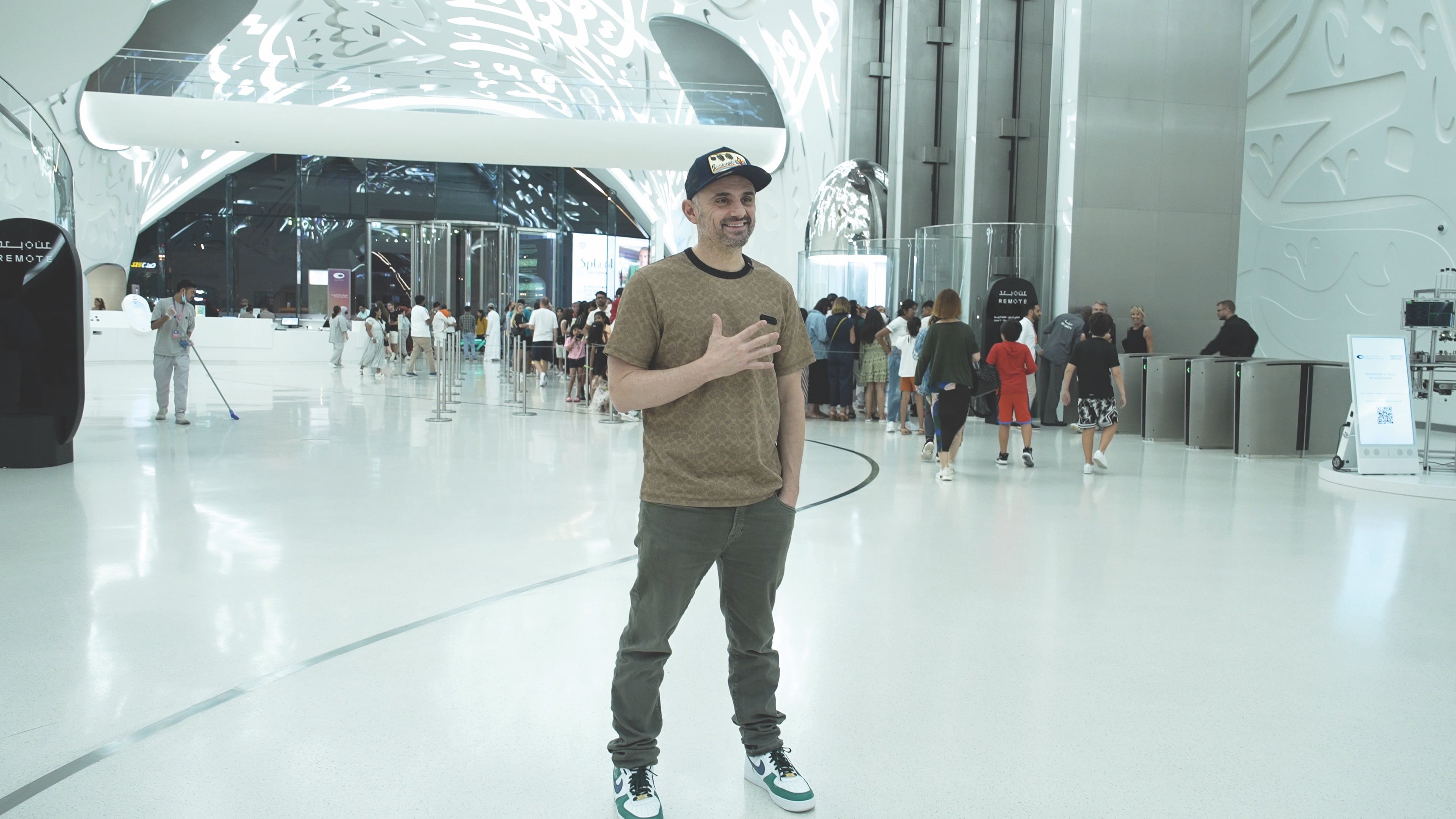
When it comes to the creative world, Gary Vaynerchuk, or Gary Vee as he is more commonly known, pulls no punches. “We have become lazy, the industry is lazy. It’s not intellectually curious,” he said during an interview with Campaign on a recent visit to Dubai. He cites examples of AI and social media where the industry was initially scared of them rather than embracing them.
Vaynerchuk is an entrepreneur at heart and helps Fortune 1000 brands leverage consumer attention through his full-service advertising agency, VaynerMedia which has offices in NY, LA, London and Singapore. He is generally positive about the creative industry in the Middle East and sees huge potential, particularly for the UAE and Saudi Arabia. “It is a very vibrant place, very bullish. Dubai is influencing the overall region.”
However, he feels more focus needs to be paid to market segmentation here. “Create 30 to 40 to 50 different consumer segmentations. Then you create marketing for those segmentations on a daily basis across six different social networks. We call this PAC (platforms and culture). You have to know how TikTok works, how Snapchat works, the algorithms, what a green screen is, what a carousel is, how long can you make a video in reels versus a story versus a regular post.” The end result is around 40 pieces of good content a day that can be shared. “From this, you can extract qualitative feedback and consumer insights. And now you have the brief to do proper above-the line-work, that’s a lot better than guessing.”
The fast-talking American entrepreneur has a deep depth of knowledge across marketing and advertising worlds. During his trip to the Middle East, he has been immersing himself in the influencer marketing scene here. “A market like Dubai and the Middle East in general is heavy in consumption of social yet the incumbent agencies and the brands – both localised and multinational brands – are even more conservative here than they are in other parts of the world.”
Talking generally about influencer marketing and brands, he said: “Influencers are a big play and brands will continue to spend big dollars. The issue is wanting to have control. The biggest mistake brands make is wanting to have control. As a brand you should be able to pick the influencer, but then they come in and tell the influencers they have to do this or that. The right strategy for me is that you get to pick the influencer then you move completely out of the way. Let them do their thing , otherwise you lose relevancy.”
Relevancy and authenticity are values close to Vaynerchuk’s heart, but he feels brands are not always getting them right in their campaigns. “Relevancy is the currency that most of these brands are missing. Big brands don’t need awareness, they need relevancy,” he added. The business guru knows a thing or two about social media and influencers. In 2013, he set up an influencer agency called Grape Story in the U.S. “This was very obvious to me a decade ago and it’s played out that way. The reality is that it is very easy to overspend and underspend on influencers.”
But he is certain that the influencer market will continue to grow. “You get creative and distribution and relevance all for the price of one,” he adds. Relevancy often boils down to understanding the local culture and what is happening in the market. “What are the popping restaurants, who are the most famous singers, who just moved here? Is Roger Federer here? Is Ronaldo still in Saudi Arabia? Then you can make content with thought”.
Vaynerchuk is a serial entrepreneur and serves as the chairman of VaynerX and the CEO of VaynerMedia. Observers say one of his skills is in quickly recognising trends and patterns early to help others understand how these shifts impact markets and consumer behaviour. This helps him understand how to bring brand relevance to the forefront. He is also a prolific angel investor with early investments in companies such as Facebook, Twitter, Tumblr, Venmo, Snapchat, Coinbase and Uber.









